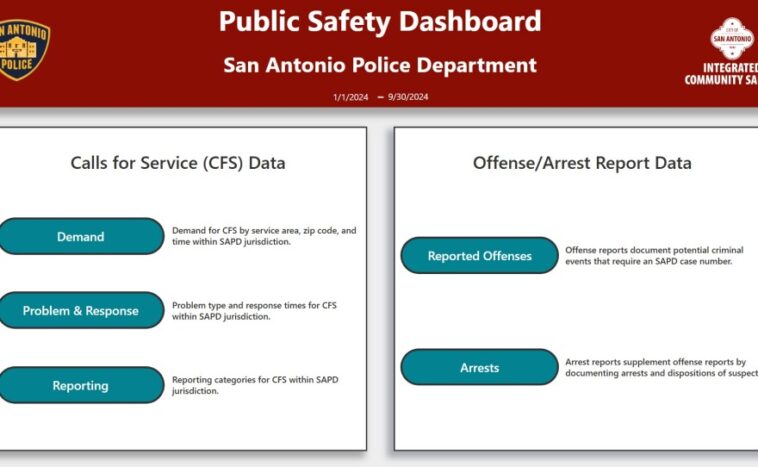
An Analysis of Privacy, Data Management, and User Experience in Today’s Digital Age
The Increasing Importance of Data Privacy in the Digital Sphere
The recent consumer push-back on data privacy violations signifies the increasing importance and awareness of this subject matter in our increasingly digital age. Personal data is an essential commodity that users unintentionally provide to companies whilst navigating the digital sphere. Just as in real-world trade, the exchange of services for a form of currency is not necessarily a negative aspect. However, it is the transparency and clarity in these transactions that have elicited concerns, particularly for platforms like YouTube, a Google company.
Data Collection Practices and Tools
Most companies, including Google, employ a variety of tools to collect and manage data, with cookies being one of the most prevalent. Cookies are digital markers that track user activity-navigating through a site, clicking on specific content, down to the amount of time spent on the platform-and are primarily incentivized to enhance user experience and deliver personalised content. However, without a comprehensive understanding, these beneficial cookies may also be seen as invasive surveillance tools.
User Consent: A Critical Element of Data Collection
Currently, a ‘Consent’ model is typically applied, where users are presented with the option to ‘Accept All’ or ‘Reject All’ data collection practices. At face value, this seems to empower users with the choice to control their data. However, it’s essential to consider the complexity of these practices and the contracts users agree to. The depth and breadth of personal data collected, how it will be used, and the perception of these practices are significant points of discussion and potential reform.
Unpacking the ‘Accept All’ and ‘Reject All’ Options
When a user opts to ‘Accept All’, the company gains permission to use cookies and data for broadly generic purposes such as improving services, measuring ad effectiveness, showing personalised content or ads, amongst others. Conversely, choosing to ‘Reject All’ might not stop the company from collecting data entirely. Instead, the collected data is non-personalised, and ads are served based on general location or context, not on user behaviour or preferences.
Age-Appropriate Tailoring: An Additional Layer of Complexity
Companies also utilise cookies and data to tailor user experiences according to age. For instance, YouTube might showcase recommendations that differ for an adolescent as opposed to those of an adult. This practice, while intended to provide a safer and more immersive environment for users, can further complexify data tracking and management methods.
The Future of User Privacy: Balance and Transparency
The pivot towards a balance between providing an optimal user experience and honouring user privacy is more critical than ever. More so, the demand for comprehensive transparency about data mining practices and its implications is a growing consumer expectation. As users become more technologically literate and aware of their digital rights, companies will have to refine their methods to align with these expectations—starting with a clear, concise picture of how they collect, manage, and utilise user data.
Managing Privacy Settings: Need for Clarity and Accessibility
In the once obscure world of privacy settings, companies must adopt a more user-friendly approach to shed light on their data management practices. Google’s initiative to provide users with tools like g.co/privacytools for managing privacy settings is a step in the right direction. However, the road to transparency is long, and clear, easy-to-understand language should be used to communicate these complex procedures to the everyday user.
Privacy, Trust and The Evolution of The Digital Age
The digital age is here, and it’s more immersive than ever. With technology so deeply ingrained in our everyday lives, there is an inherent trust users place in service providers. Striking a balance between advanced, personalized services and privacy will define this trust. As we advance further into this new era, companies will need to adapt and ensure privacy practices resonate with the user’s expectations to maintain their trust and loyalty.
Originally Post From https://www.myfoxzone.com/article/news/local/san-angelo/weekend-burglary-stolen-footage/504-128c1eb7-5760-4fc1-97e0-53a2d44a3fc8

